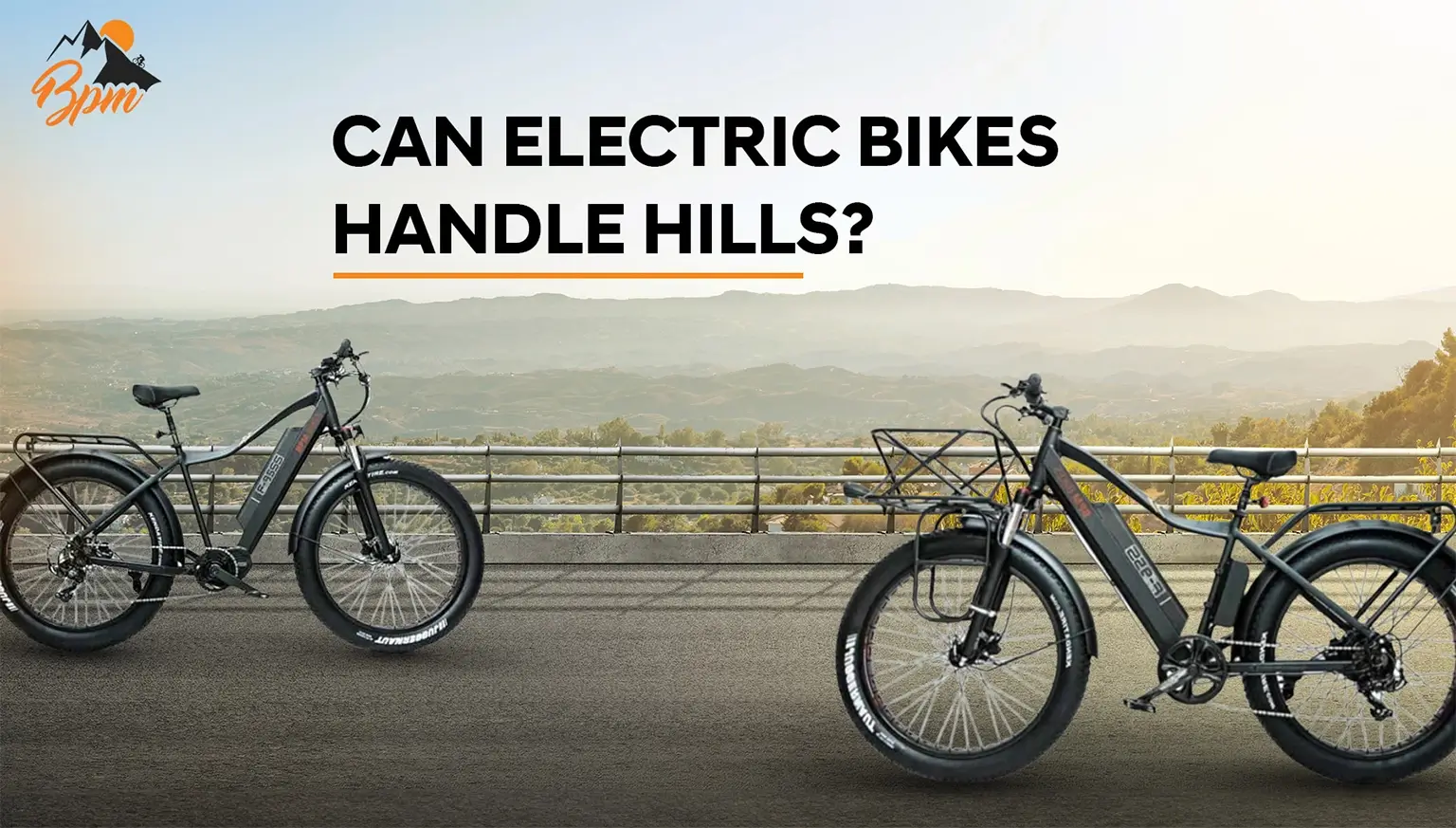Electric bikes, or e-bikes, have become increasingly popular due to their ability to provide additional assistance while cycling. This has made them an appealing option for those looking to overcome various terrain challenges, including hills. In this blog post, we will discuss the factors that determine how well electric bikes can handle hills and explore the different aspects that contribute to their hill-climbing performance.
The direct answer to the main question asked whether they can handle hills is absolutely true! Yes, electric bikes can handle hills, and in many cases, they can handle them much better than traditional bikes. This is because they have electric motors that provide assistance when pedaling, making it easier to climb even on the steep incline surfaces of hills.
But this is not just it. There are other several factors that should be taken into consideration when discussing whether an electric bike can handle hills. These factors are:
Factors Affecting Hill Climbing Performance:
1. Motor Power:
The motor’s power output plays a crucial role in determining an e-bike’s ability to handle hills. The wattage and torque of the motor determine how much assistance it can provide while climbing steep inclines. Generally, higher wattage and more torque mean better performance on steeper slopes.
2. Battery Capacity:
The battery capacity of an electric bike is another important factor in its hill-climbing ability. A larger battery capacity allows for more energy to be stored and used by the motor, which means that the e-bike can provide more assistance while climbing hills. Riders should ensure their batteries are fully charged before attempting steep inclines, as a depleted battery will limit the amount of help provided by the motor.
3. Rider’s Weight and Cargo Load:
Heavier riders or those carrying additional cargo may require more power from the electric bike to climb hills efficiently. The added weight can put more strain on both the motor and the battery, so it is essential to consider these factors when selecting an e-bike for hill climbing.
4. Grade of the Hill:
The steepness of the incline also affects how much assistance is needed from the electric bike. Steeper hills will require more motor power, while gentler slopes may not need as much assistance. E-bikes with higher motor wattage and torque will generally perform better on steeper hills.
5. Terrain Conditions:
Wet or slippery surfaces can make it more challenging for the electric bike to provide adequate traction and power, making hill climbing more difficult. In such conditions, riders may need to reduce their speed and exert greater effort in pedaling to overcome the terrain challenges.
If you truly need an electric bike that can handle hills then look no further as BPM Imports is offering F95 and F-95S Electric Bikes. These e-bikes have a sturdy design and are designed to handle your trips in hilly areas.
Conclusion:
Electric bikes are generally capable of handling hills with varying levels of difficulty depending on factors such as motor power, battery capacity, rider weight, hill steepness, and terrain conditions. By understanding these factors and selecting an e-bike that meets your specific needs, you can enjoy the benefits of cycling while overcoming challenging terrain.


